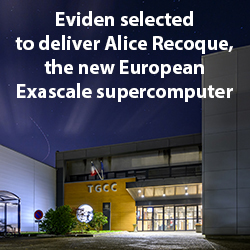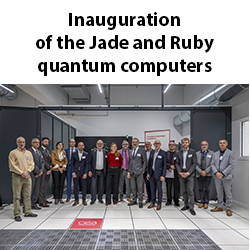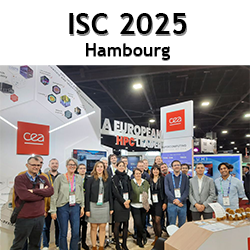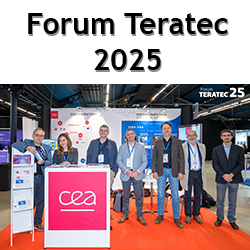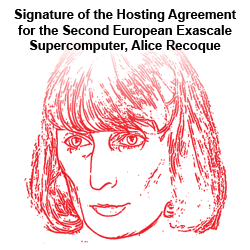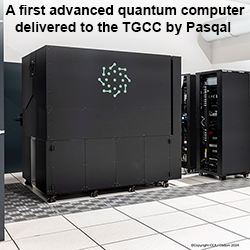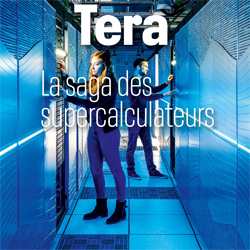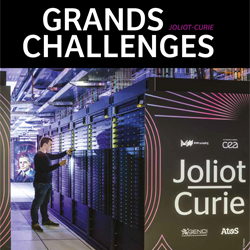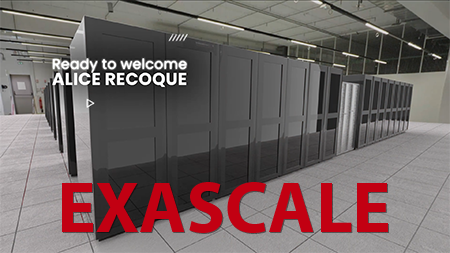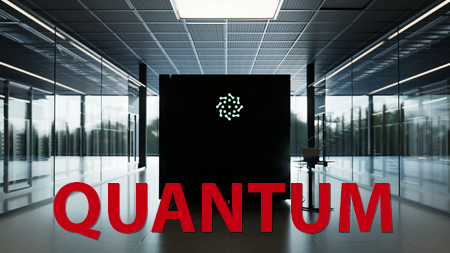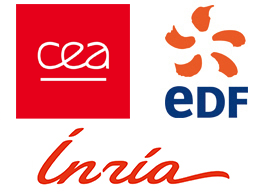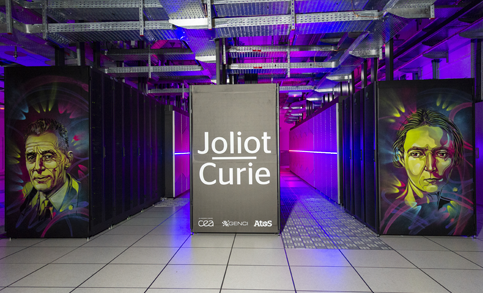High performance computing (HPC) for numerical simulation has become an essential tool in scientific and technological research, as well as for industrial applications. Simulation can replace experiments that are too dangerous (accidental situations), beyond reach in terms of time or scale (climate, astrophysics) or banned (nuclear tests). Simulation is also time-saving and leverages productivity in many situations.
CEA, a major player in research and innovation, has been recognized as an expert in HPC through the momentum of the "Simulation Programme" supported by its Direction des Applications Militaires (CEA / DAM) and implemented by the Department Computing centre, softwares and codes (DCLC).
The major challenges that the HPC will face in the coming years are manifold, such as the development of hardware and software architectures able to deliver very high computing power, modelling methods combining different scales and physical models and the management of huge volumes of numerical data.
Applications of high-performance computing
Theoretical work benefits from the CEA's powerful computing machines, as well as the resources of the major Genci facility. Softwares are adapted to massively parallel architectures and is often co-developed or deployed on a platform with external teams. This is the case, for example, of the Talys code dedicated to the evaluation of nuclear cross sections, of the Abinit code for ab-initio electronic structure calculation, of the Mka3D code simulating the effects of an earthquake and of numerous codes for laser-matter interaction (Calder, Miro, UPPE3D…).
Thanks to high-performance computing, simulation makes it possible to carry out real digital experiments on the scale of experimental reality, which are essential for the advancement of scientific research. Many applications of intensive numerical computing are presented on www-hpc.cea.fr.

